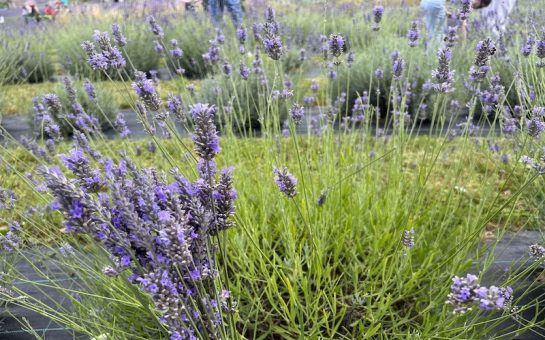Covid-19 pandemic lockdown measures saw changes in newborn babies gut microbiomes that may have protected against allergies, according to research.
The first 1,001 days of a child’s life are deemed critical for their development, but when a generation of children were born into the abnormal state of affairs in 2020 and 2021, one of the most extreme social experiments was launched.
Research suggests that so-called pandemic babies have more of the beneficial microbes inherited from the mother during birth or breastfeeding, compared to pre-pandemic babies.
Professor of immunology and joint-senior author of the research Liam O’Mahony said: “While we all start life sterile, communities of beneficial microbes that inhabit our gut develop over the first years of life.”
The human gut microbiome is an ecosystem made up of trillions of microorganisms influences many aspects of overall health, both within the digestive system and outside of it.
The scientists who conducted this research, published in the journal Allergy, found this caused babies born at the beginning of the pandemic to have lower than normal rates of allergic conditions, such as foods or underlying conditions.
The study, the first of its kind to specifically explore the gut health of newborns during the pandemic, highlighted the health benefits for pandemic babies arising from strict social distancing measures.
They included lower rates of infections and increased duration of breastfeeding, with women more likely to exclusively breastfeed for six months during the pandemic compared with before or after the Covid-19 lockdowns.
The researchers analysed faecal samples from more than 350 babies born in the first three months of the pandemic and compared these with a pre-pandemic group over a period of two years.
Online questionnaires were also used to collect information on diet and lifestyle.
The findings highlighted significant differences in the microbiome development of pandemic babies, with only 17% of babies born during the pandemic requiring an antibiotic by the age of one.
In the pre-pandemic group, 80% of infants had been prescribed antibiotics by 12 months.
Professor O’Mahony explained they took this opportunity to study microbiome development in infants born during the pandemic as the complexity of early life exposures was significantly reduced, facilitating a more accurate analysis of the key early life exposures.
He said: “Prior to this study it has been difficult to fully determine the relative contribution of these multiple environmental exposures and dietary factors on early life microbiome development.
“The study has provided a rich repository of data, which we will continue to analyse and investigate in the future.”
Image credit: Stephen Andrews, Unsplash





